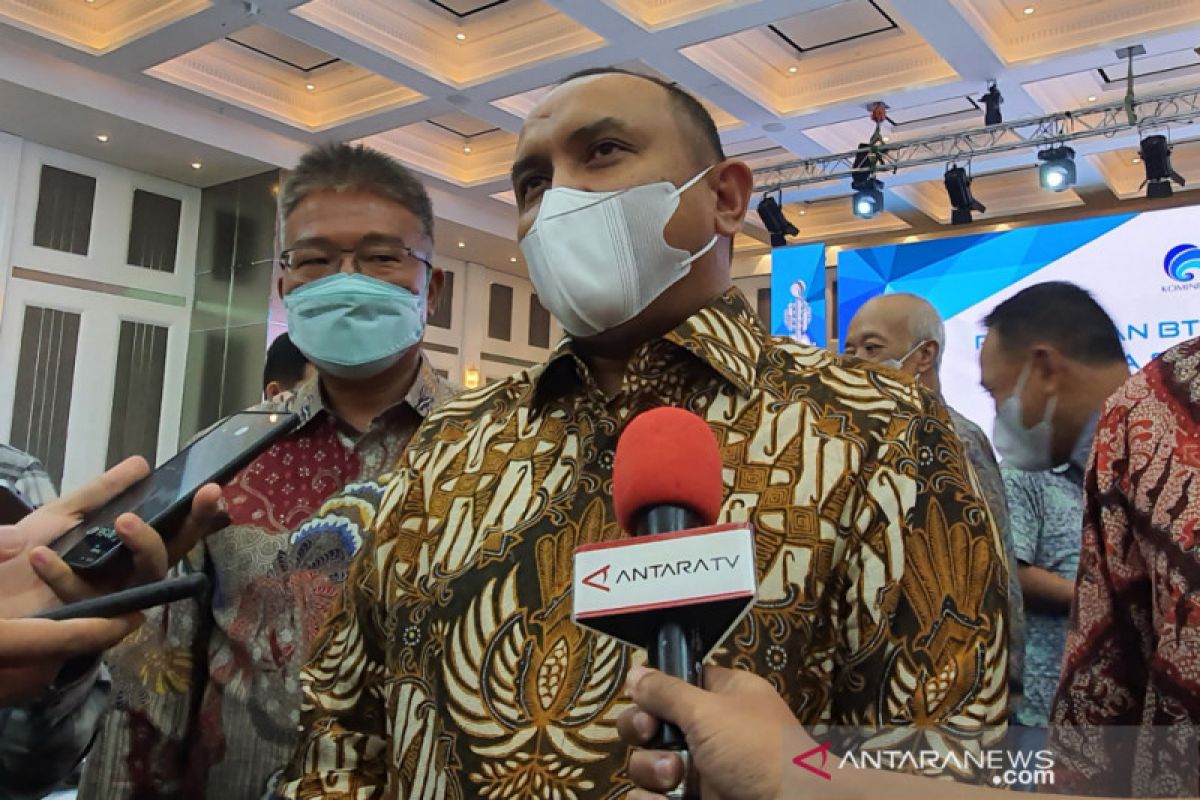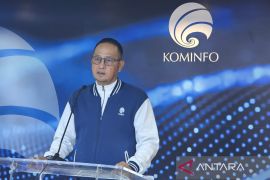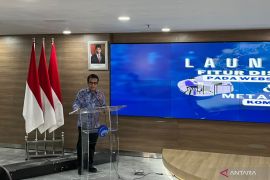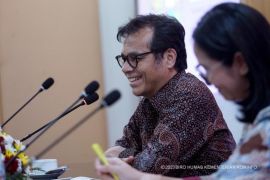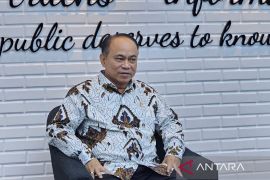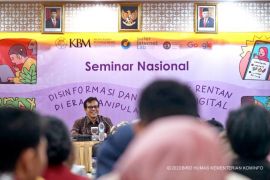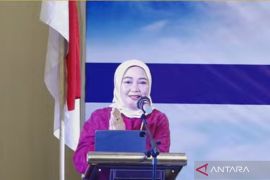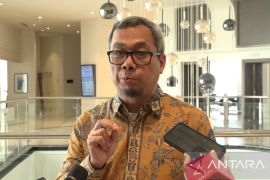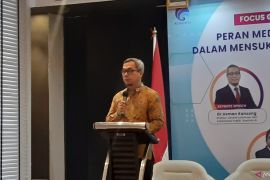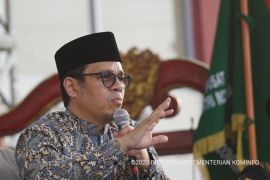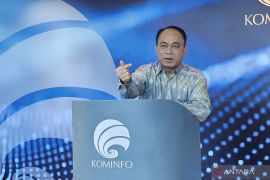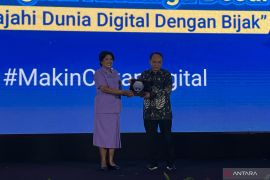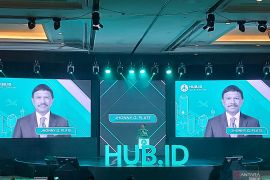"The 4G BTS concept in 2021-2022 entirely utilizes green energy, so it is environment-friendly. We provide electricity from solar panels," BAKTI President Director Anang Latif stated here on Tuesday.
Latif assessed that the use of solar panels, as a source of sustainable energy for 4G BTS in the 3T areas, was the right step forward since the produced energy will last longer than that generated from fossil fuel.
According to Latif, if the 4G BTS uses fossil fuel as its electricity source, then additional costs will be incurred for purchasing more fuel and mobilization in the 3T areas.
He affirmed that the additional costs were not cheap and not environment-friendly, as more gas emissions were produced. Meanwhile, batteries store the electricity generated by solar panels.
BAKTI also ensured that the battery, with a duration capacity to last for 100 hours, can be used when the areas where 4G BTS are built did not receive sunlight.
"The solar panel system is beneficial for building 4G BTS in rural areas. If we use the diesel fuel, we will incur more cost in terms of the supplies," he added.
He explained that the cost of supplies would pose a challenge in addition to only being able to access the BTS locations in 3T areas on foot.
One of the 4G BTS using solar panels is located in Sauwyatami Village, Keerom District, Papua.
Owing to the mountainous landscapes, the solar panel system was selected and it had succeeded in providing equitable internet access to local people in the border zone of Indonesia and Papua New Guinea.
Related news: Government prioritizing equal internet access: Communication Minister
Related news: Cooperation between governments key for building Papua ICT ecosystem
Related news: Indonesia needs universal Internet access: World Bank economist
Translator: Livia K, Kenzu T
Editor: Sri Haryati
Copyright © ANTARA 2021
